Kenneth Branagh opens his West End tenancy with Shakespeare’s inexplicably popular The Winter’s Tale. We start in Sicily where Leontes and his queen Hermione are entertaining Polixenes, the king of Bohemia. The design is heavily Germanic. Crimson drapes shroud the grey marble columns. A massive fir tree, twinkling with candlelight, is rooted in an ornamental toboggan. Everyone swishes about in thick, elegant Victorian costumes. The sets, by Christopher Oram, aren’t just lovely to look at, their detailed perfection is almost heartbreaking. And Neil Austin’s lighting would have won gasps of admiration from David Lean.
The only fault is that it all seems overcontrived. An orchestral score intensifies the emotional colouring but it makes the play feel like a film. And would Hermione, nine months pregnant, really go figure-skating with Polixenes? The palace backs onto a frozen lake where the two athletes careen this way and that, arm in arm. They even execute a faultless U-turn in the wings. Then everything goes weird. Leontes succumbs to an inexplicable fit of paranoid jealousy. He imprisons Hermione and orders his steward to bump off Polixenes, thus destroying his dynasty and his reputation at a stroke. Branagh’s range isn’t really suited to a tragic monster like Leontes. At a normal conversational pitch he can act as well as anyone but at the extremes of emotion he borrows devices pioneered elsewhere. He does the Olivier bark — ‘out!’ — when shunning his newborn daughter. He does the Anthony Hopkins hand of shame — eyes shielded by trembling fingers — when exposed to the consequences of his murderous rage. He gives us the John Hurt bewildered tortoise routine when surrendering to deep remorse. And he responds to his son’s death with the famous Brando howl: fists clenched, head tossed back, voice hurled into the gantry. These elaborate emulations are outclassed by the simplicity of Judi Dench, whose clear-headed Paulina dares to challenge the mad king. He threatens to immolate her. ‘I care not,’ she says, ‘it is an heretic that makes the fire not she which burns in’t.’ At the end of this scene she nearly won an ovation, which would have disturbed the rhythm of the play and annoyed the rest of the cast (who, more annoyingly, would have felt obliged to congratulate her backstage while she expressed her surprise and embarrassment).
In the second half, we move to Bohemia for a long rustic love story which, as usual, is too chock-full of forced merriment to please the rational observer. Then we return to Sicily, where the palace has turned white with grief. The crimson armchairs are drained of their colour. Branagh’s ashen beard and Tippexed quiff now match the ice-encrusted palace walls. The visuals, again, are stunning. And the statue business (when Hermione is resurrected from a sculpture) is so well done that it almost seems 5 per cent believable. The figurine is curtained off in a gaudy little kiosk, which is exactly how a tyrant would house a kitsch masterpiece. And the sculpture itself, with spreading swirls of fabric incorporated into the pedestal, looks like a real statue.
Branagh has produced a better version of this tricky play than any I can recall and its beautifully rendered externals are exquisite.
All On Her Own by Terence Rattigan is a curious monologue written for TV in 1968. Zoë Wanamaker plays a sozzled widow recalling her millionaire husband who may have taken his own life. Wanamaker looks fabulous in a pencil skirt and a brunette hairdo so finely shaped and delicately illuminated that it might be the work of Vermeer. But the underdeveloped piece lacks a dramatic climax and I expect its true purpose was to convince Wanamaker to take a cameo in the companion piece, Harlequinade, also by Rattigan, in which she plays a lush actress appearing as the Nurse in a touring production of Romeo and Juliet.
This is a backstage comedy featuring a couple of ageing stars, the Gosports, who are so committed to Shakespeare that they carry on rehearsing while various disasters threaten to overwhelm them. A vintage actor quits the company leaving a nervy young ham to fill the gap. The stage manager resigns under pressure from his fiancée but the Gosports are delighted by the glamour and excitement of their romance. When a mysterious girl shows up claiming to be Arthur Gosport’s long-lost daughter he invites her to audition for his next show. Branagh’s pragmatic intelligence is ideal for this sort of ironic trifle. The result is a joyously sophisticated knockabout comedy with barely a beat missed or a laugh overlooked.
Prices for the Branagh experience may be high but I guarantee that these plays, with their large casts and their sky-high production values, are being done for love alone. No one’s making a penny here.
Got something to add? Join the discussion and comment below.
Get 10 issues for just $10
Subscribe to The Spectator Australia today for the next 10 magazine issues, plus full online access, for just $10.

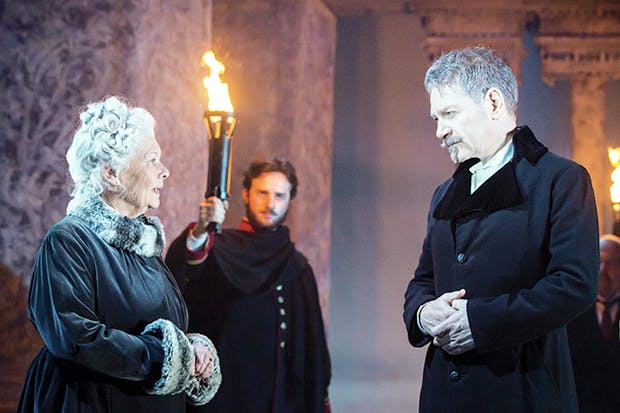


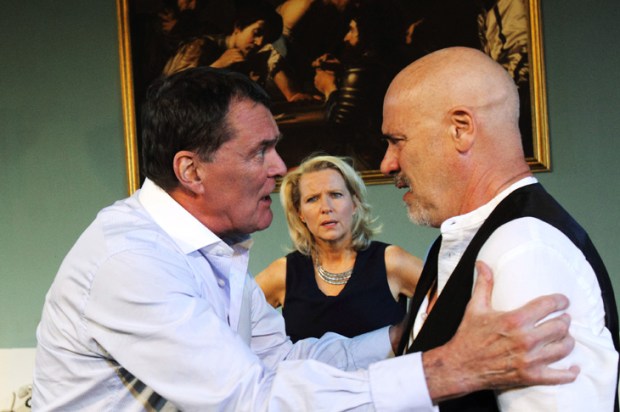
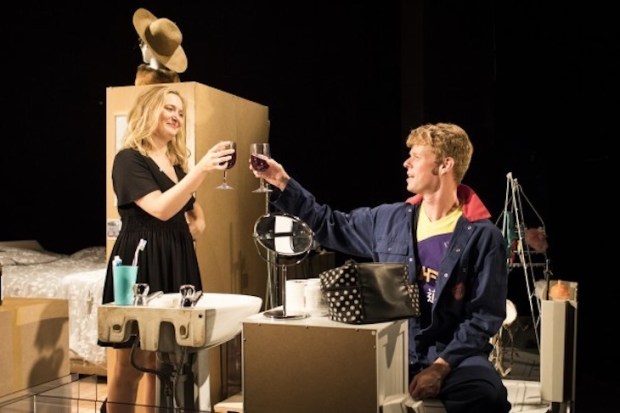
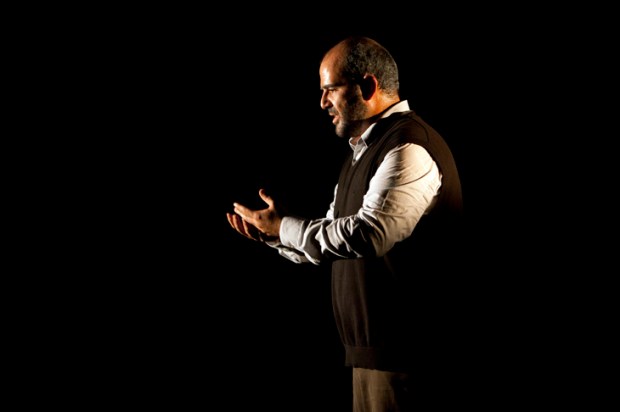
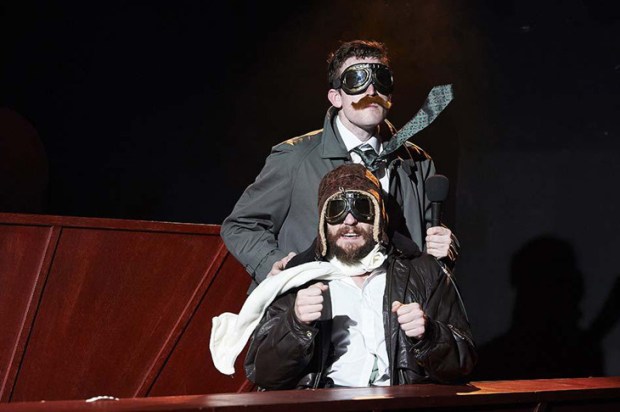






Comments
Don't miss out
Join the conversation with other Spectator Australia readers. Subscribe to leave a comment.
SUBSCRIBEAlready a subscriber? Log in